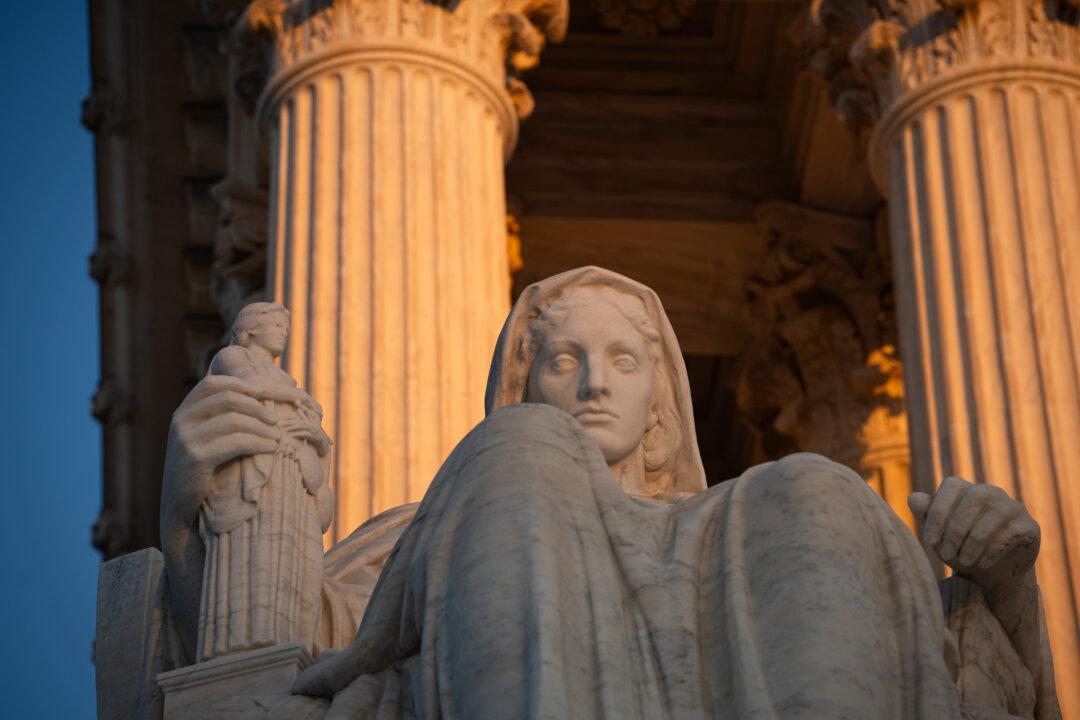The U.S. Supreme Court said on Feb. 10 that it will hear two environmental regulation cases next month after it rejected a Department of Justice (DOJ) request last week to halt them.
The announcement that oral arguments in the two cases—Oklahoma v. EPA and EPA v. Calumet Shreveport Refining—will take place on March 25 was published on the court’s website.





